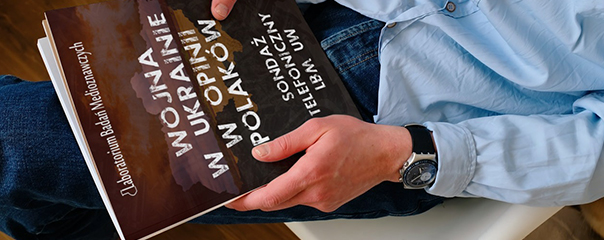Donald Trump: prawicowa wersja Obamy
Miesiąc temu Donald Trump zaprosił do swojego gabinetu przy Piątej Alei tygodnik „Time”. I wykorzystał moment do zrobienia wrażenia. Miliarder, który przy tej okazji sfotografował się z bielikiem amerykańskim – symbolem USA – na ramieniu, prowadzi w sondażach, ponieważ nie tylko „czuje media”, ale co równie ważne, wydaje się, wyczuł nastroje społeczne, które uległy korekcie, a on, jak Obama w 2008 roku, w porę spostrzegł, że zefir zmian tym razem powoli skręca w… prawo.
Minionego lata Amerykanie wywindowali na szczyt rankingu politycznej popularności niepoprawnego politycznie i obyczajowo złotego chłopca amerykańskiego biznesu nieruchomości, który startował już w tym wyścigu cztery razy. Europejska prasa pisze o nim, że jest napuszony, ma problem z przerośniętym ego i bywa chamski. Francuski dziennik „Liberation” poświęcił mu nawet całą pierwszą stronę zaty-tułowaną: Donald Trump – amerykański koszmar. Niedawno w wywiadzie radiowym republikański kandydat na prezydenta powiedział, że różnica między Hamasem a Hezbollachem nie ma dla niego obecnie żadnego znaczenia, ale jak zauważa dziś wielu w USA w odróżnieniu od reszty kandydatów ubiegających się o nominację mówi, co naprawdę myśli, bo go na to stać.
Ready, steady, gooo…!
* Tekst w angielskiej i polskiej wersji językowej.
Hillary Rodham Clinton has squared up to the last political marathon of her life. If she loses, it will rather be against herself than a rival. In this punishing, 18-month long, political running race the stakes are high. It is not only about winning politically and publically. It is more 'House of Cards' type of competition: apart from the 'regular' pressure to be number one, the fight between the next Clinton and the next Bush is fueled by an additional incentive: intra-family ambition.
As distinct from the 2012 presidential campaign, the race concluding in November 2016, already ironically nicknamed by some of the American media as 'sweet sixteen' (in the U.S. the sixteenth birthday is a meticulously organized and sumptuously celebrated party) will play out rather on the basis of personality, values and innovativeness of the campaign, while the programs and the economic situation of the country will play a lesser role. With one significant exception. But we will get to that later.
Hey Jude
* Tekst w angielskiej i polskiej wersji językowej.
Four months before the European political circles made the decision to appoint the Polish Prime Minister as President of the European Council, PM Donald Tusk had stepped out of his role for a second. In a video posted on YouTube, he was adorably singing, completely out of tune, the Beatles’ evergreen “Hey Jude”. A few days later it turned out that the piece is an element of a TV spot broadcasted nationwide, presenting the effects of Poland’s economic development ten years after entering the European Union. Domestically, Tusk was successful as far as economy and image are concerned. Will the former Polish Prime Minister define the relevant political narrative for the European Union? Will he be able to, to paraphrase McCartney, “take a union song and make it better”?
What vision of the European Union does Tusk want to create? How does he plan to tell about Europe not only to its citizens, but also to the rest of the world? So far, the media EU narrative after a new host of the highest ranking Union officials took hold of the posts, has been dominated by political and financial issues, obvious from the point of view of an international organism. Currently, the media resonate with: 300 billion plan of investment stimulation in the continent authored by Jean-Claude Juncker, President of the European Commission; the problem of economic sanctions for Russia and Brexit – the vision of voting on the possibility of Great Britain leaving the European Union in 2017. The plan of working out a new, positive European narrative that would unite the continent, seems to be, apart from forging current compromises, a natural task for the newly appointed President of the European Council.























